Migration Research Conference: Borderless worlds – for whom?
University of Oulu, Finland
I recently attended a migration research conference, “Borderless Worlds- for whom? Ethics, moralities and (in)justice in migration and tourism” organized by the RELATE Centre of Excellence/Academy of Finland & University of Oulu. This was an interdisciplinary conference with leading border and migrant scholars, human geographers, anthropologists and tourism scholars. They also invited journalists, activists, activist researchers and migrants themselves as part of panel sessions. Interestingly, the panel sessions were held at at a local library (Oulu City Library) while being open to local people, which lead to perspectives ‘beyond academia’ (speaking of ‘borderless’!). Through the two day conference, we were exposed to the complexity of the terrain and to pay much-needed attention to the ethics, moralities and (in)justices in border struggles, migration and tourism mobilities. Instead of taking territorial or relational views as normative givens, we came to consider how the simultaneous ‘geographies’ of bounded and open, networked spaces are realised in the contemporary world.


In the State and the Governance of Mobilities session, I presented a paper on tourism development and Filipino migrant workers’ community in Macau (co-authored with Dr. Michael O’ Regan at BU). We discussed how rapid tourism development in Macau attracts high populations of Filipino migrant workers, and how Filipino migrants perceive their quality of life and constraints while working and living in Macau. Most of the migrant workers left family in the Philippines and support them financially, and I showed this was the biggest issue for their happiness and life satisfaction. Another interesting issue was the sense of community. Filipino migrants expressed that it is not only difficult to integrate into the Macau society, but also hard to have their own Filipino community due to multiple complex reasons. We concluded that the government should consider the migrant workers’ subjective quality of life, and introduce new policies to support the migrant workers, and create a livable place for everyone.
Migration research in tourism and leisure has gained more attention, and I am very interested in developing more research projects around ‘migration’ issues starting with the current working paper.
Jaeyeon Choe
Department of Events & Leisure
Faculty of Management
@choe_jaeyeon
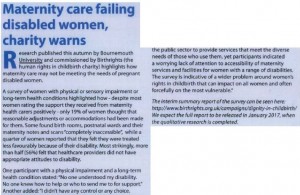 The study
The study 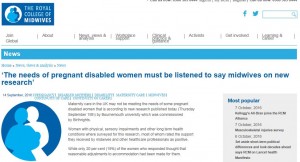


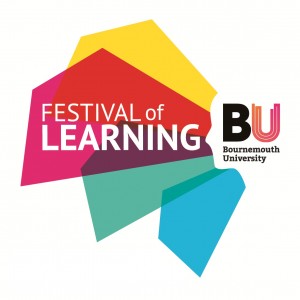 Representing a wonderful celebration of learning, the Festival showcases BU’s research and expertise to a wide and varied audience, including local communities, staff, students, employers and alumni around the world. Read on to find out how you can be involved in 2017!
Representing a wonderful celebration of learning, the Festival showcases BU’s research and expertise to a wide and varied audience, including local communities, staff, students, employers and alumni around the world. Read on to find out how you can be involved in 2017!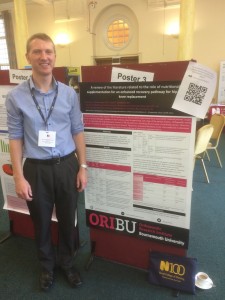
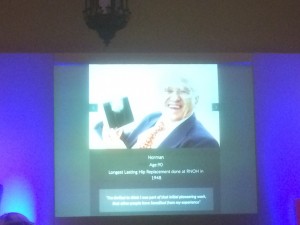

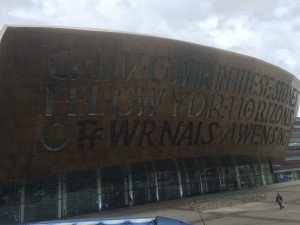


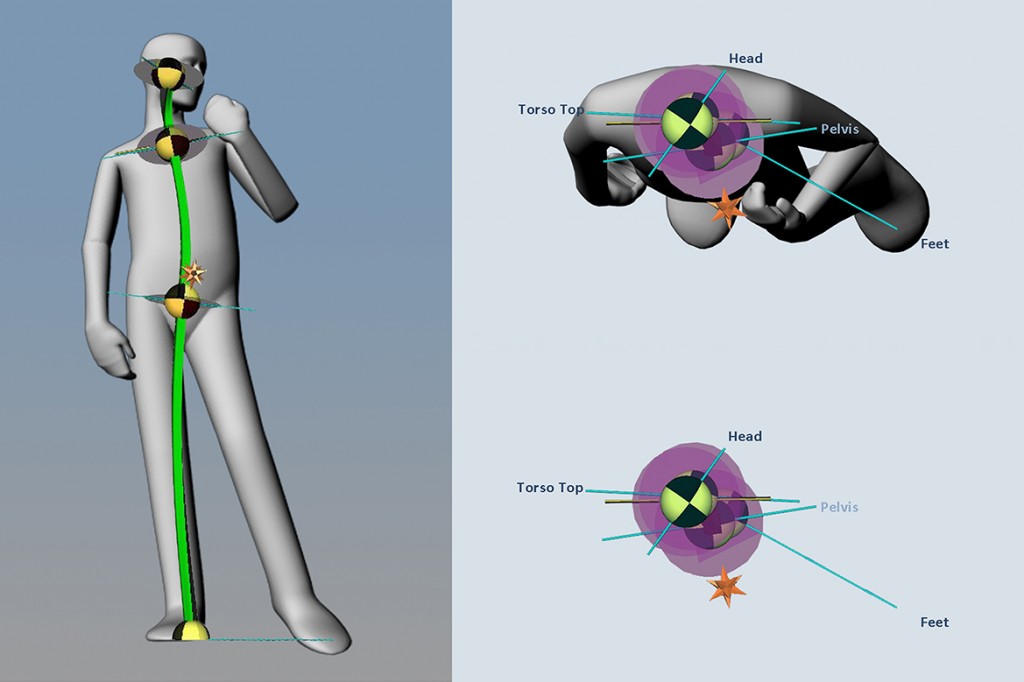






 Every BU academic has a
Every BU academic has a 










 New Nepal scoping review on maternal & neonatal health
New Nepal scoping review on maternal & neonatal health Fourth INRC Symposium: From Clinical Applications to Neuro-Inspired Computation
Fourth INRC Symposium: From Clinical Applications to Neuro-Inspired Computation Writing policy briefs
Writing policy briefs Upholding Excellence: The Concordat to Support Research Integrity
Upholding Excellence: The Concordat to Support Research Integrity ECR Funding Open Call: Research Culture & Community Grant – Application Deadline Friday 12 December
ECR Funding Open Call: Research Culture & Community Grant – Application Deadline Friday 12 December MSCA Postdoctoral Fellowships 2025 Call
MSCA Postdoctoral Fellowships 2025 Call ERC Advanced Grant 2025 Webinar
ERC Advanced Grant 2025 Webinar Horizon Europe Work Programme 2025 Published
Horizon Europe Work Programme 2025 Published Horizon Europe 2025 Work Programme pre-Published
Horizon Europe 2025 Work Programme pre-Published Update on UKRO services
Update on UKRO services European research project exploring use of ‘virtual twins’ to better manage metabolic associated fatty liver disease
European research project exploring use of ‘virtual twins’ to better manage metabolic associated fatty liver disease